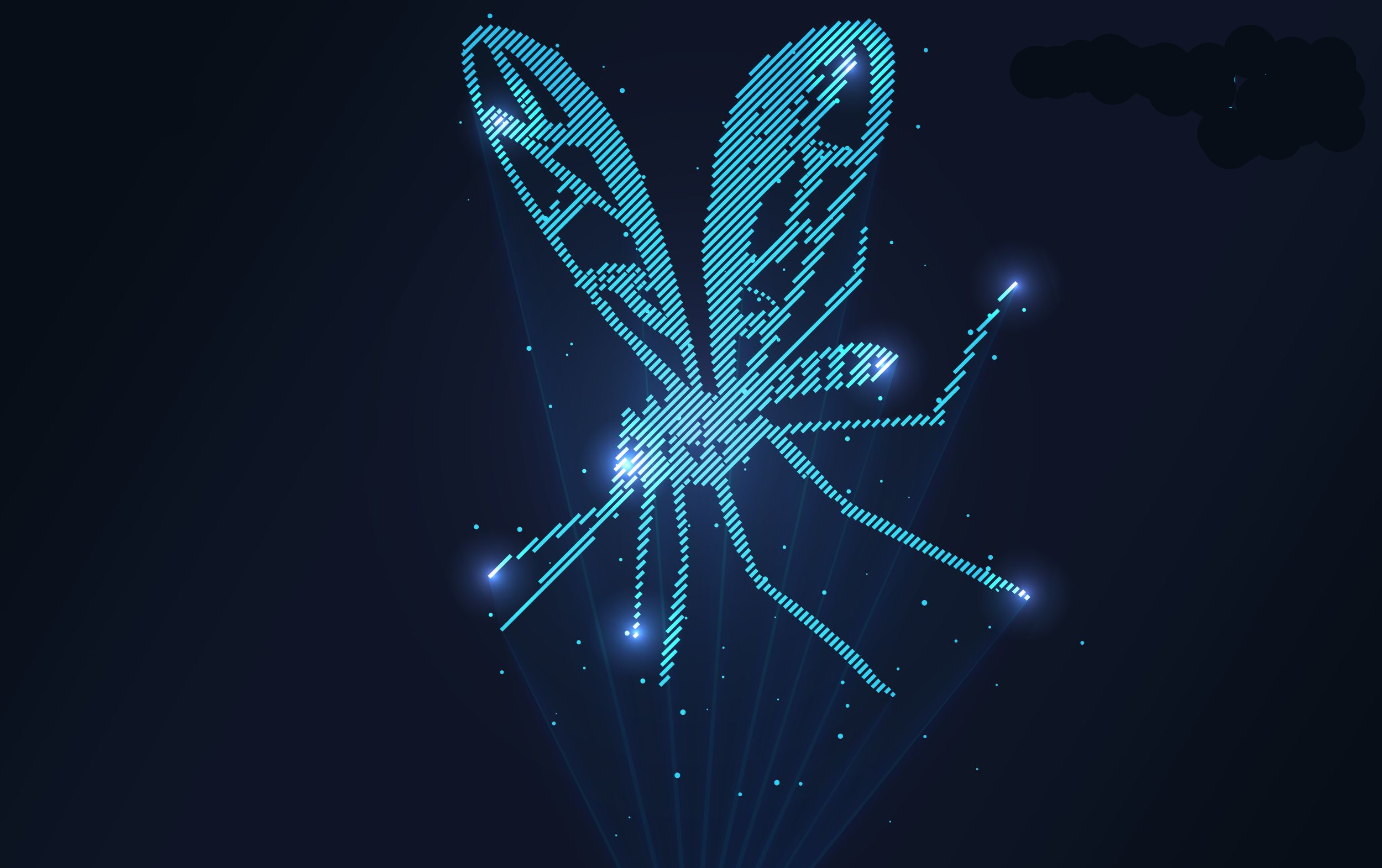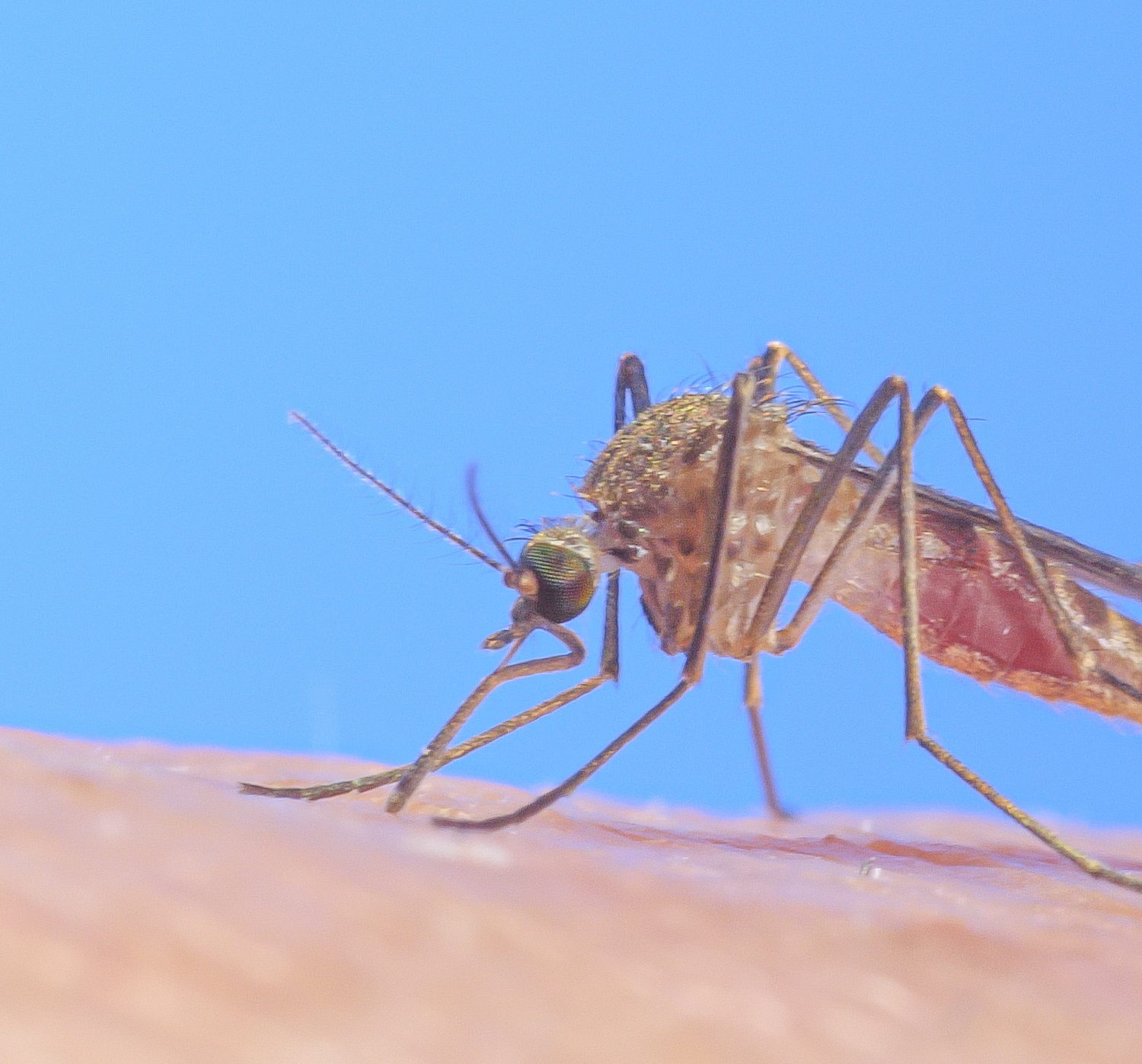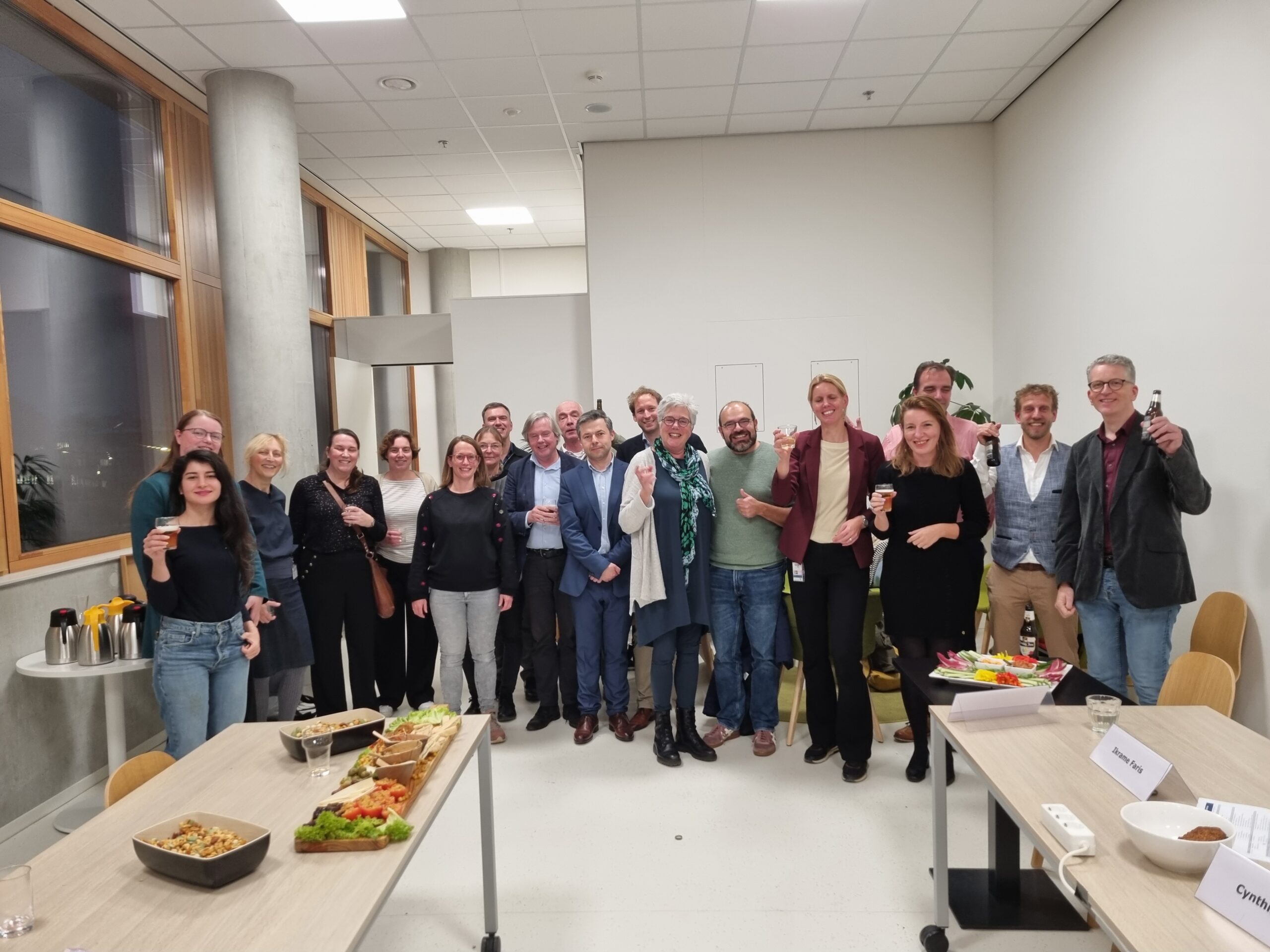There is an immense amount of scientific data. How can you detect the underlying mechanisms and causal relationships from that data? Students who can do that will make the difference, says Florian Muijres, the new professor in the chair of Experimental Zoology.
‘Students can benefit from better skills in data science and modelling,’ says Muijres. ‘A lot of effort has been invested in collecting data with the aim of better understanding the world. But the mountain of data has become so massive that you sometimes can’t see the wood for the trees. WUR is working on data science, but I think there is still room for improvement.’
The mountain of data has become so massive that you can’t see the wood for the trees
In his group, Muijres works a lot on models to figure out the complex flight movements of the mosquito. Since his arrival in 2014, he has developed that area of research to make it the largest within the chair group. The research has resulted in improved mosquito traps among other things, thereby helping to combat malaria.
Application
The application of basic research is and will remain important within the chair group, says Muijres. ‘We work on fundamental scientific questions about how animals function. But we always choose species that are relevant for society too. That combination is inherent in the Wageningen approach.’
In addition to mosquitoes, they study viviparous fish (a model for the human placenta), cuttlefish (applications in soft robotics) and the regenerative capabilities of the flatworm (to better understand stem cells).

 Photo Shutterstock
Photo Shutterstock 

